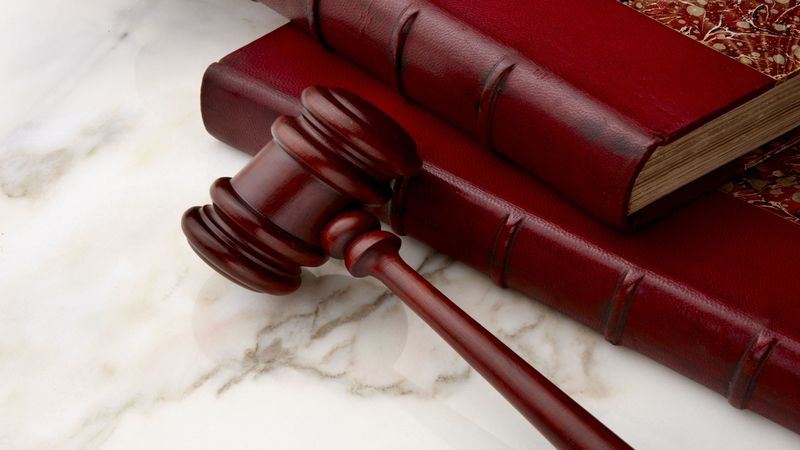The term ‘statute of limitations’ is used to refer to laws specifying a time limit for plaintiffs to file a complaint, or for a prosecutor to file a criminal charge. If the time has already passed, the prosecutor or plaintiff is legally barred from pursuing further action against a defendant. Read on to learn more about the statute of limitations.
Why Do Jurisdictions Have a Statute of Limitations?
The statute of limitations protects civil and criminal defendants from unfair litigation. The US legal system is adversarial in nature, which simply means that it’s set up with no bias on either side. The statute of limitations allows plaintiffs to pursue a valid claim when due diligence is exercised in a filing. It also protects defendants from delayed complaints where evidence may be lost or destroyed.
When Does the Clock Start Ticking?
The statute of limitations starts when an injury occurs, or when a plaintiff discovers the harm. If a suit is filed after time is up, the claim can usually be defeated by a personal injury attorney in Nassau County NY area. However, the clock may stop in some circumstances. Known as ‘tolling; this allows plaintiffs additional time to prepare a case. For example, if a plaintiff is a minor when an injury occurs, many jurisdictions allow tolling until they reach the age of majority. The statute of limitations can be lengthened or shortened by mutual agreement, but this is uncommon.
Finding the Statute of Limitations
The statute of limitations is written into state law, and it can typically be found in statutes relating to the claim to be filed. For example, if one wishes to file a negligence claim after an auto accident, they’ll need to look in the state’s negligence statutes.
Does a Plaintiff Need, an Attorney?
If a person is interested in filing a legal claim, or if they are facing such a claim, they need to consult a personal injury attorney. A local lPersonal Injury Attorney can help a client determine whether the statute of limitations has passed, and they can discuss claims, counterclaims, and the case’s merits. Furthermore, a Personal Injury Attorney in Nassau County NY can provide reassurance and representation in the courtroom.

